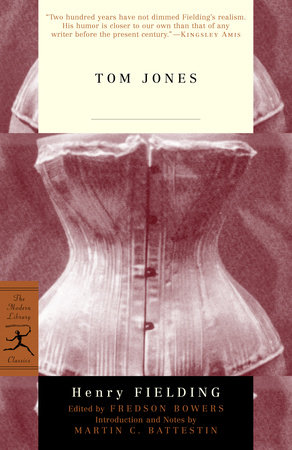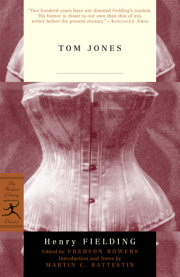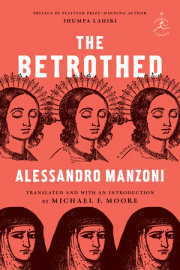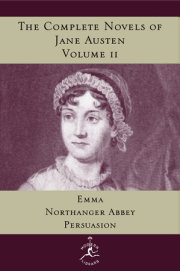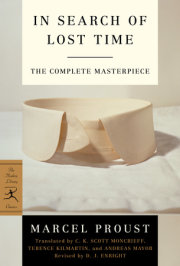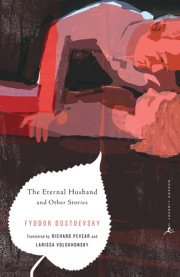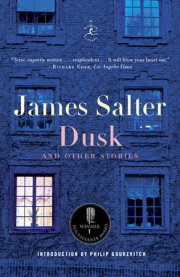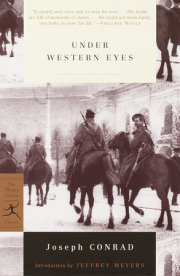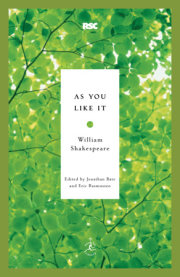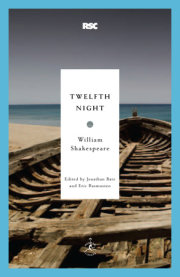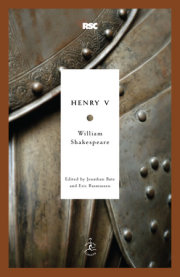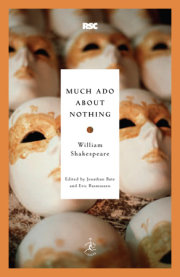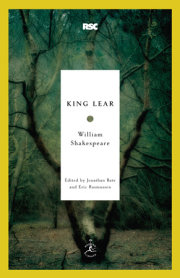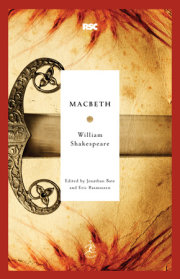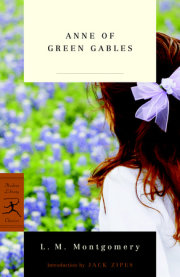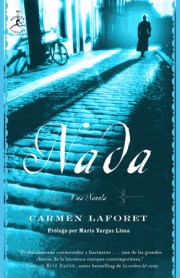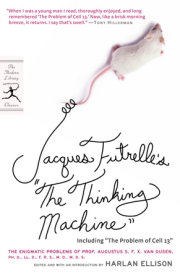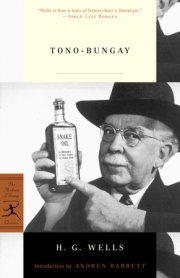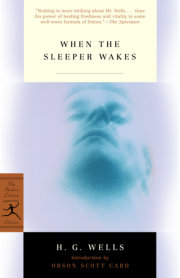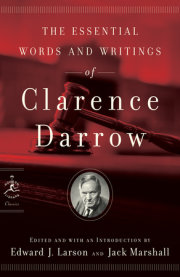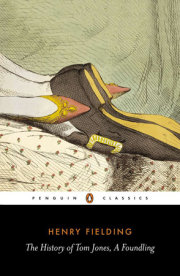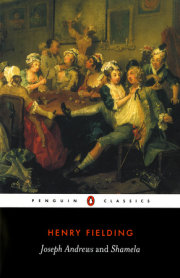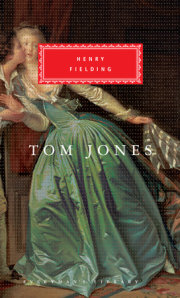CHAPTER I
The Introduction to the Work, or Bill of Fare to the Feast.
An Author ought to consider himself, not as a Gentleman who gives a private or eleemosynary Treat, but rather as one who keeps a public Ordinary, at which all Persons are welcome for their Money. In the former Case, it is well known, that the Entertainer provides what Fare he pleases; and tho’ this should be very indifferent, and utterly disagreeable to the Taste of his Company, they must not find any Fault; nay, on the contrary, Good-Breeding forces them outwardly to approve and to commend whatever is set before them. Now the contrary of this happens to the Master of an Ordinary. Men who pay for what they eat, will insist on gratifying their Palates, however nice and whimsical these may prove; and if every Thing is not agreeable to their Taste, will challenge a Right to censure, to abuse, and to d—n their Dinner without Controul.
To prevent therefore giving Offence to their Customers by any such Disappointment, it hath been usual, with the honest and well-meaning Host, to provide a Bill of Fare, which all Persons may peruse at their first Entrance into the House; and, having thence acquainted themselves with the Entertainment which they may expect, may either stay and regale with what is provided for them, or may depart to some other Ordinary better accommodated to their Taste.
As we do not disdain to borrow Wit or Wisdom from any Man who is capable of lending us either, we have condescended to take a Hint from these honest Victuallers, and shall prefix not only a general Bill of Fare to our whole Entertainment, but shall likewise give the Reader particular Bills to every Course which is to be served up in this and the ensuing Volumes.
The Provision then which we have here made is no other than HUMAN NATURE. Nor do I fear that my sensible Reader, though most luxurious in his Taste, will start, cavil, or be offended, because I have named but one Article. The Tortoise, as the Alderman of Bristol,1 well learned in eating, knows by much Experience, besides the delicious Calibash and Calipee, contains many different Kinds of Food;2 nor can the learned Reader be ignorant, that in Human Nature, tho’ here collected under one general Name, is such prodigious Variety, that a Cook will have sooner gone through all the several Species of animal and vegetable Food in the World, than an Author will be able to exhaust so extensive a Subject.
An Objection may perhaps be apprehended from the more delicate, that this Dish is too common and vulgar; for what else is the Subject of all the Romances, Novels, Plays and Poems, with which the Stalls abound. Many exquisite Viands might be rejected by the Epicure, if it was a sufficient Cause for his contemning of them as common and vulgar, that something was to be found in the most paultry Alleys under the same Name. In reality, true Nature is as difficult to be met with in Authors, as the Bayonne Ham or Bologna Sausage is to be found in the Shops.
But the whole, to continue the same Metaphor, consists in the Cookery of the Author; for, as Mr. Pope tells us,
True Wit is Nature to Advantage drest,
What oft’ was thought, but ne’er so well exprest.
The same Animal which hath the Honour to have some Part of his Flesh eaten at the Table of a Duke, may perhaps be degraded in another Part, and some of his Limbs gibbeted, as it were, in the vilest Stall in Town.
Where then lies the Difference between the Food of the Nobleman and the Porter, if both are at Dinner on the same Ox or Calf, but in the seasoning, the dressing, the garnishing, and the setting forth. Hence the one provokes and incites the most languid Appetite, and the other turns and palls that which is the sharpest and keenest.
In like manner, the Excellence of the mental Entertainment consists less in the Subject, than in the Author’s Skill in well dressing it up. How pleased therefore will the Reader be to find, that we have, in the following Work, adhered closely to one of the highest Principles of the best Cook4 which the present Age, or perhaps that of Heliogabalus, hath produced. This great Man, as is well known to all Lovers of polite eating, begins at first by setting plain Things before his hungry Guests, rising afterwards by Degrees, as their Stomachs may be supposed to decrease, to the very Quintessence of Sauce and Spices. In like manner, we shall represent Human Nature at first to the keen Appetite of our Reader, in that more plain and simple Manner in which it is found in the Country, and shall hereafter hash and ragoo it with all the high French and Italian Seasoning of Affectation and Vice which Courts and Cities afford. By these Means, we doubt not but our Reader may be rendered desirous to read on for ever, as the great Person, just above-mentioned, is supposed to have made some Persons eat.
Having premised thus much, we will now detain those, who like our Bill of Fare, no longer from their Diet, and shall proceed directly to serve up the first Course of our History, for their Entertainment.
Copyright © 2012 by Henry Fielding. All rights reserved. No part of this excerpt may be reproduced or reprinted without permission in writing from the publisher.

